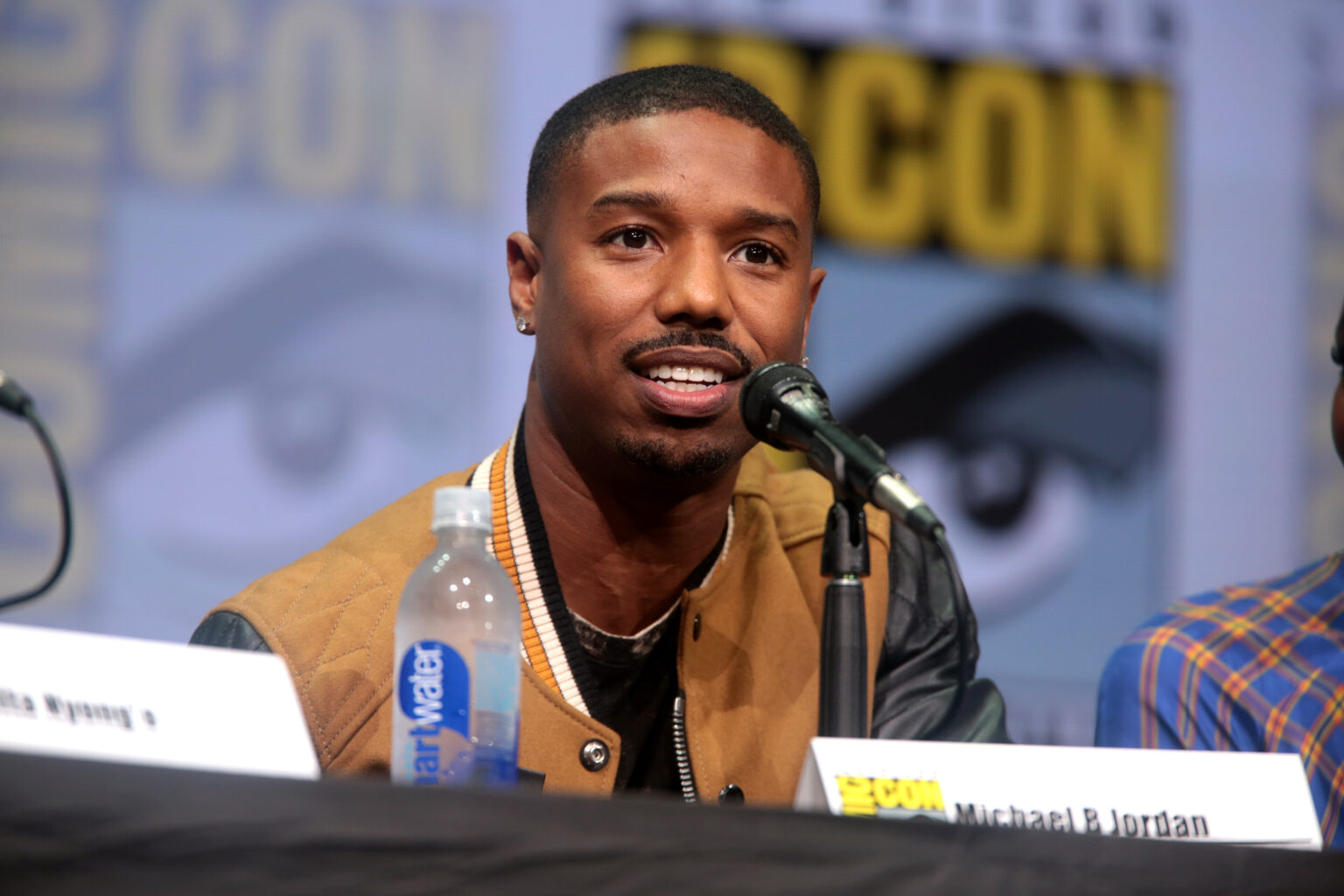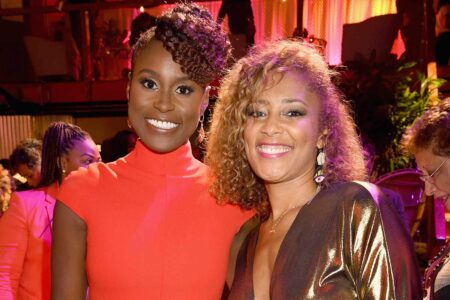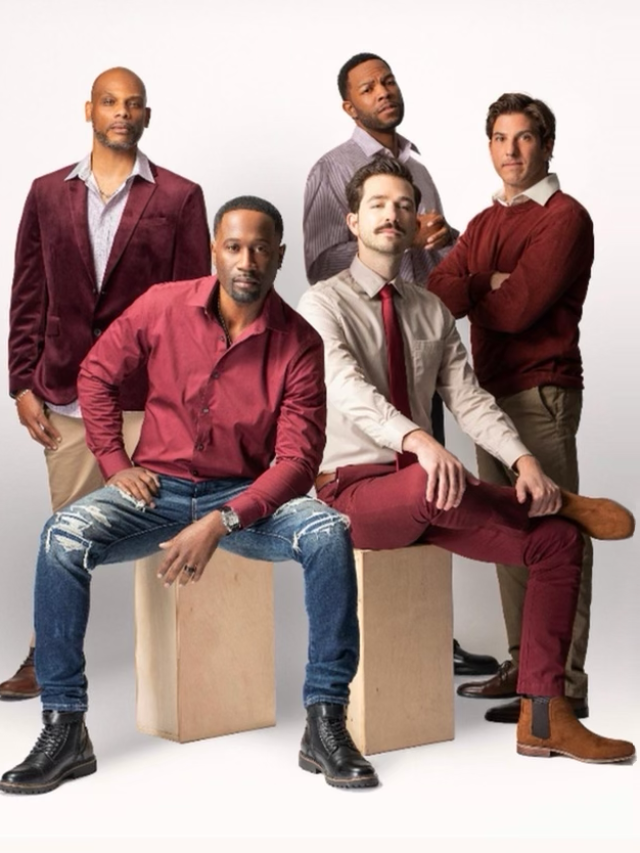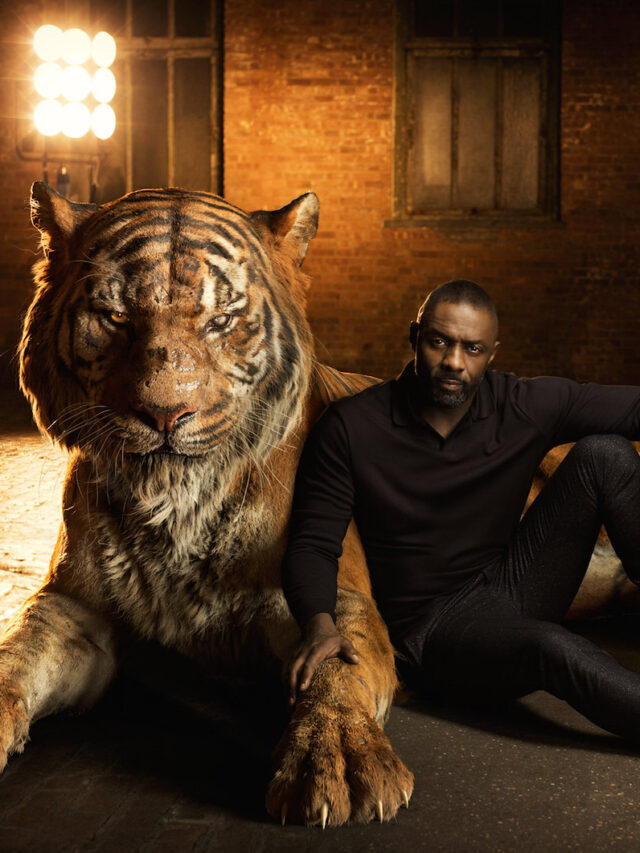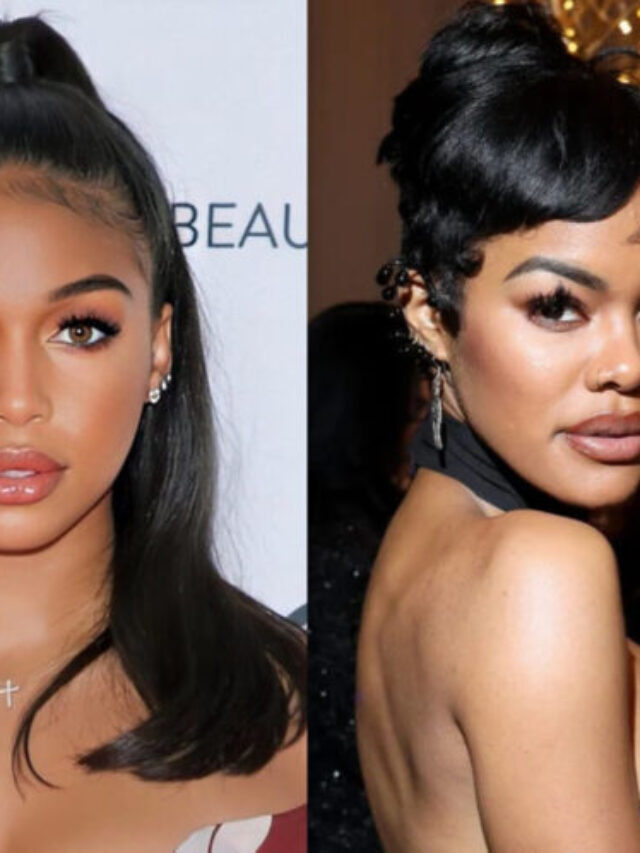|
Listen to Article + Become a member for exclusives 👍🏽
|
In All Things Michael B. Jordan
In the most recent installment of On Purpose with Jay Shetty, Michael B. Jordan shared insights into his current romantic life. The acclaimed actor and director confessed to experiencing feelings of loneliness amidst his hectic schedule but also revealed that he’s not yet prepared to re-enter the dating scene.
“There’s a loneliness that I have,” he started. “The responsibility that you have is isolating and the weight is isolating. The worst part of that is the feeling like nobody really understands. Sometimes falling into the spaces of being alone, feeling alone.”
MBJ then expressed his internal struggle, weighing the desire for companionship against uncertainty about finding the right partner. He emphasized that in his ideal relationship, mutual love is essential but acknowledged that achieving this simplicity is a complex endeavor.
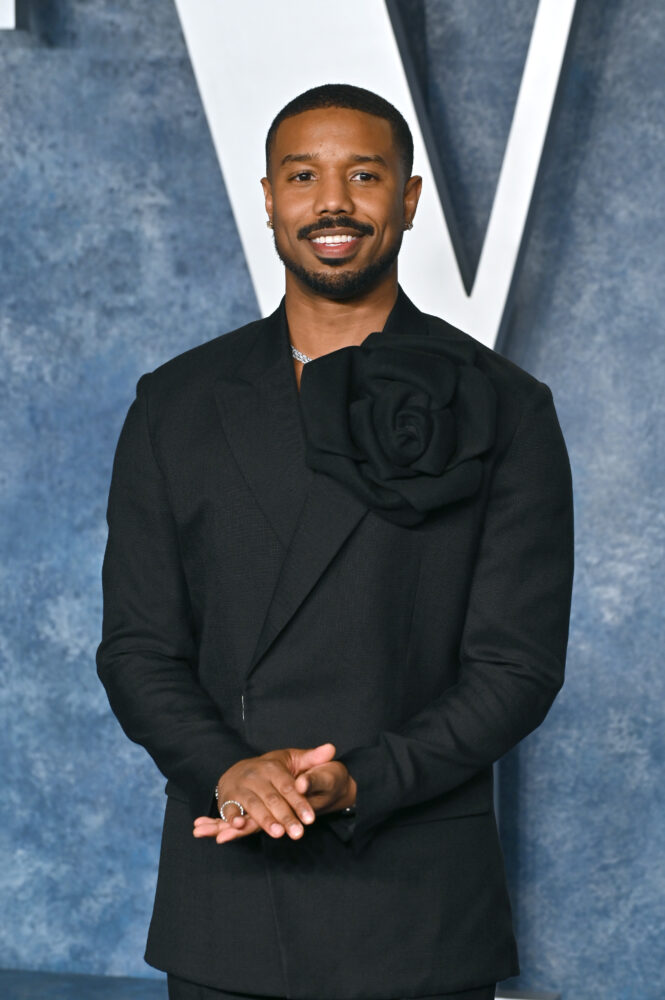
Given his demanding schedule, Jordan expressed the need for a partner who comprehends and accepts all aspects of his life. Reflecting on past relationships, he acknowledged the challenge of balancing personal availability with professional commitments. Nevertheless, the Creed actor expressed his desire to start a family in the future.
“I’m not looking but it would take a very special person to understand and grow with me,” he said.
Jordan’s most recent public relationship was with Lori Harvey in 2021, which ended a year later. During their time together, social media glimpsed MBJ’s romantic side through shared “baecation” photos, date nights, and quality time.
Since parting ways with the 27-year-old, the Black Panther star has kept a low profile on the dating scene, despite rumors linking him to models and singers. However, the eligible bachelor has maintained that his next relationship will happen in due time.
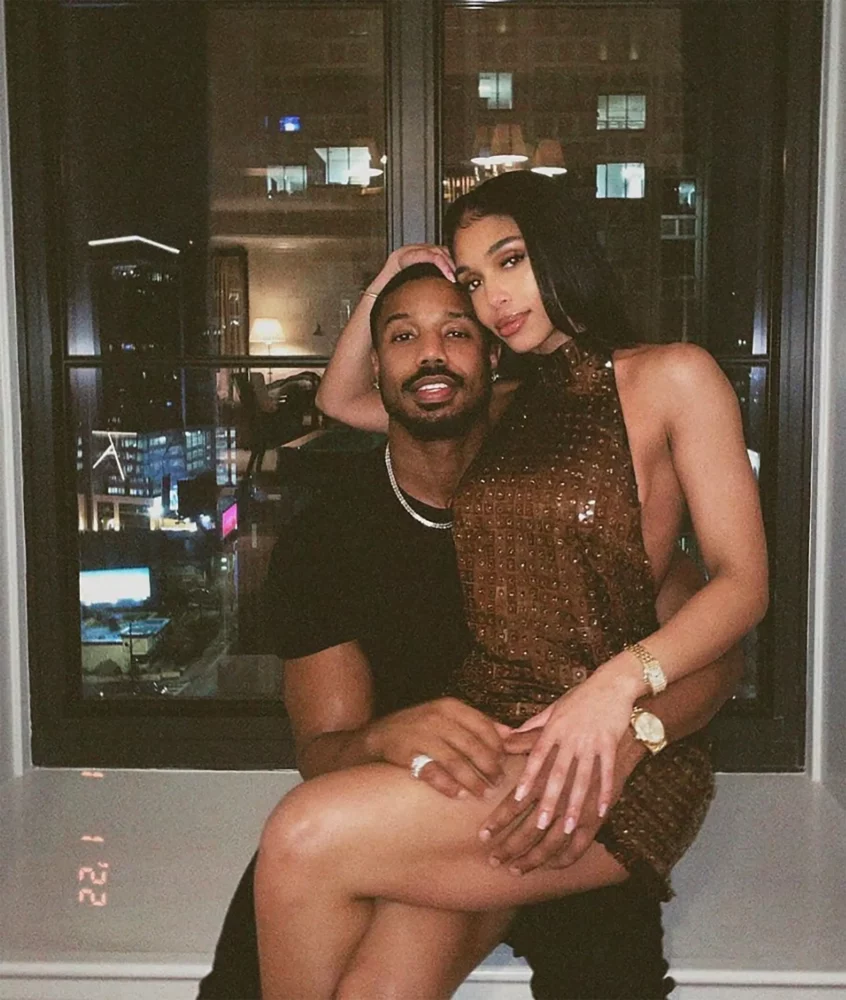
Loneliness is a significant issue among black men over 35 who are not in relationships, often overlooked. Despite societal stereotypes, many in this group experience isolation. Recent statistics show a considerable percentage report feeling lonely. The absence of a partner or supportive network can worsen these feelings. Research indicates single black men in this age group are more likely to feel isolated compared to married men.
Additionally, societal expectations and stereotypes about black masculinity can make it difficult to form and maintain relationships. Challenges in finding suitable partners due to socioeconomic status, education, and systemic racism can lead to increased loneliness and isolation.
Furthermore, the stigma around mental health in the black community may prevent men from seeking help. Many feel pressure to appear strong, leading to internalized emotions and avoidance of support. This lack of emotional expression can worsen feelings of loneliness.
To address loneliness among black men over 35, we need a comprehensive approach. This includes destigmatizing mental health, providing tailored support services, and promoting inclusive social networks. By recognizing and addressing the unique challenges faced by this group, we can create a more supportive society where everyone feels valued and connected.


